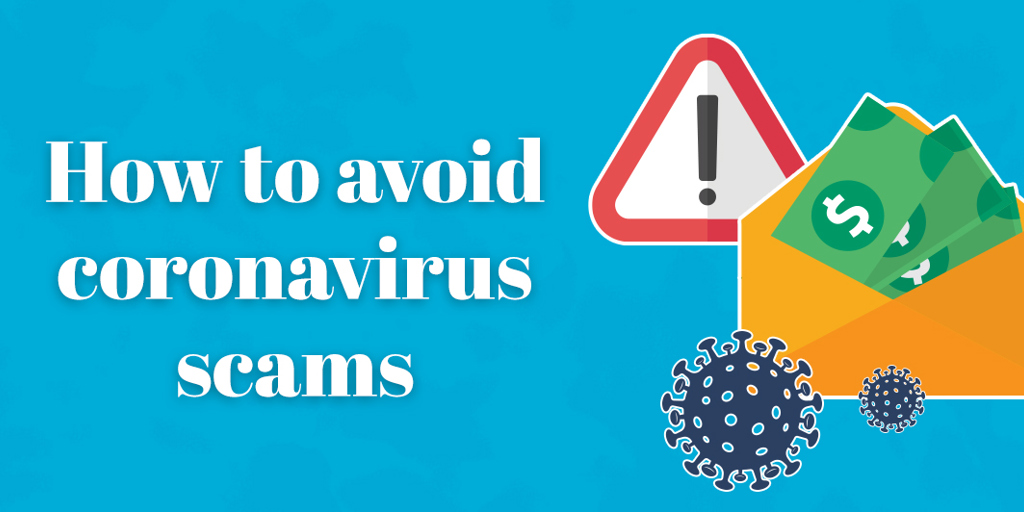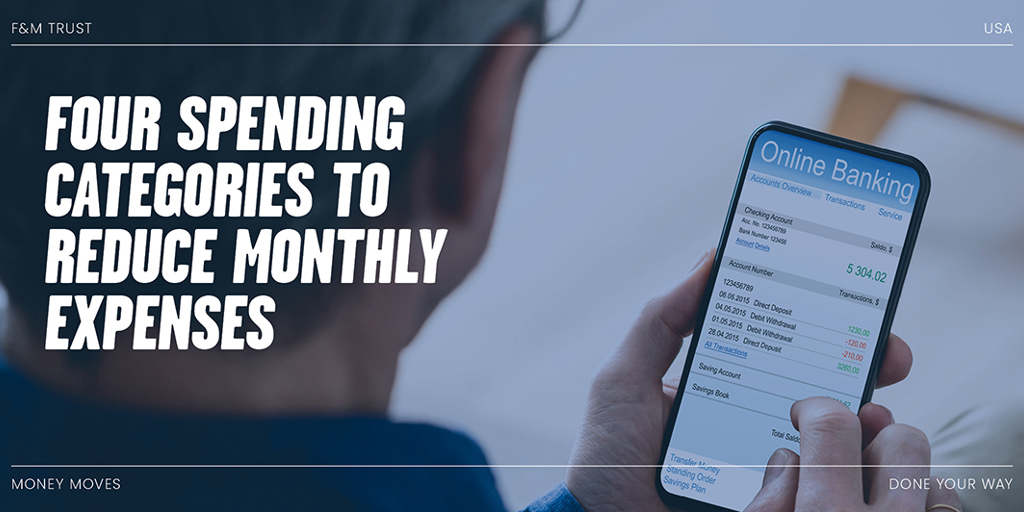


How to avoid coronavirus scams
Wash your hands, don’t touch your face and be on the lookout for scams, because they’re on the rise.
From bogus coronavirus treatments and vaccines to financial offers that are too good to be true, fraudsters are taking advantage of fears surrounding COVID-19 to prey on U.S. consumers, according to the U.S. Department of Justice (DOJ) and the Federal Trade Commission (FTC), along with other agencies.
These are just some of the ways that scammers are trying to exploit the coronavirus situation, warns the DOJ:
- Supply scams — Fraudsters claim that they have in-demand products, such as medical and cleaning supplies, but fail to deliver orders after they have been placed.
- Phishing scams — Scammers claiming to be authorities from national and global health agencies are sending fake emails and text messages. The messages are intended to persuade people to share their personal information, like bank account numbers and social security numbers.

- Charity scams — Thieves are trying to solicit money on behalf of illegitimate organizations, claiming that they are assisting people affected by the coronavirus. Oftentimes, these people pose as legitimate charities or use names that sound like reputable and well-known philanthropic organizations.
- Treatment scams — Scammers are attempting to sell vaccines and treatments for COVID-19. There are no such FDA-approved medications.
What to do to protect yourself
There are many measures you can take to protect yourself from scammers. Here are the FTC’s tips for avoiding coronavirus scams:
- Immediately hang up on robocalls. If a recording encourages you to press a number to speak with a live operator, don’t. Doing so could lead to more robocalls.
- Disregard online offers for vaccinations and home COVID-19 tests. They do not exist — in stores or online.
- Don’t believe everything you hear. Be vigilant and fact-check information by consulting trusted sources, like the websites of federal, state and local government agencies.
- Watch for suspicious text messages and emails about checks from the government. Stimulus checks from the federal government are not even available yet.
- Avoid clicking on links sent to you by sources you don’t know. They could potentially download viruses onto your device.
Confirm the legitimacy of an organization before you donate money to it, and as always, if someone asks you to wire money, purchase gift cards or send cash, don’t do so.
By Ray Wills, security officer at F&M Trust
Recent Articles
Join our e-newsletter
Sign up for our e-newsletter to get new content each month.






















